“Walls, lines, fences, borders/ All projects of separation,/Not communications, nor love,/ nor reconciliations./ Lie, surrounding our vision/ With distinction, deeply/ Embedded by history,” are the words used to introduce Daoud Nassar by Bill Plitt, executive director of the Friends of Tent of Nations North America at “We Refuse to be Enemies: Standing Witness to the Possibility of Peace in the Midst of Conflict,” a lecture hosted by the Peace and Justice Speaker Series. The words are an excerpt from a poem Plitt wrote after visiting East Jerusalem and witnessing the various obstacles that Palestinians face every day while living under occupation.
Nassar is a Palestinian born Christian, farmer and founder of Tent of Nations, a non-profit organization dedicated to building bridges between people of all faiths across Palestine and Israel.
In order to understand the current struggle it is imperative to look to the past. Nassar started by talking about Palestine’s long history of occupation and repression, first with the Ottoman Empire, then the British after World War I and now the Israeli government.
Nassar showed the room a series of chronological maps showcasing how, over time, Palestinians have had more and more of their land taken away. Since the UN’s partition plan of 1947, which outlined a division between Palestinian and Israeli territory, the Israeli government has continued to build illegal Jewish settlements on Palestinian land.
According to Nassar, the Israeli government uses tactics of isolation and coercion to force Palestinians off their land. Nassar’s family has been battling for the right to keep their land since his grandfather first registered the property in 1916.
Land is something sacred to Palestinians, and territory is a main struggle in the Palestinian-Israeli conflict. “We belong to the ground. The land is a part of our identity,” was something Nassar’s grandfather instilled in his family, who mainly lived underground in caves on the property. Indeed when Nassar talked about the land it seemed like he was referring to a member of his own family.
“This is the story of all Palestinians,” Nassar said as he explained the 24-year-long struggle he continues to face in Israeli court to prove he is the rightful owner of his land.
The Israeli government has laws in place that claim if the land is unattended it becomes state property. Government officials and Jewish settlers set up roadblocks for Nassar and cut down many of his fruit and olive trees. They brought bulldozers on Nassar’s property, thus making it impossible for him to take care of the land (which was the reason the government needed to confiscate the land).
Despite these struggles Nassar’s message was one of love, rather than hate. “We refuse to be victims, we refuse to hate, we live with our faith, we believe in justice,” he said. These are the principles on which Nassar founded the Tent of Nations. He says it had started as a type of therapy, as a way to turn frustration into something productive.
The government does not allow Nassar’s family to have running water or electricity, and they are not allowed to build anything on the land. So Nassar had to become creative. They installed solar panels, the first in Palestine, built cisterns to collect rainwater, and they used the caves on the property as homes, churches, and meeting rooms.
Nassar opened the property to anyone who wished to visit, with a sign reading, “We refuse to be enemies.” Tent of Nations uses the farm as a way to educate people about the Palestinian experience under occupation. But they are not looking for pity from anyone, merely understanding. Nassar hopes that once people can understand each other, the less they will fear each other, and the less hate there will be.
Since Nassar first started the Tent of Nations project in 2000 they have created summer camps, work camps and a women’s empowerment project — all which continue to grow in popularity — to help those who are marginalized feel powerful.
In the future Nassar hopes to create a vocational training center on the farm to teach young people about the importance of the environment through alternative energy, farming and community building.
Nassar believes the best way to build peace is from the bottom up, like an olive tree with roots deep in the ground. He believes, in defiance of all the hardship he has faced, that there is always room for good news. That even in darkness there can be light, and that faith, love and hope in action can pave the way for a better future.
To find out more about Tent of Nations and how you can help go to: http://www.tentofnations.org/


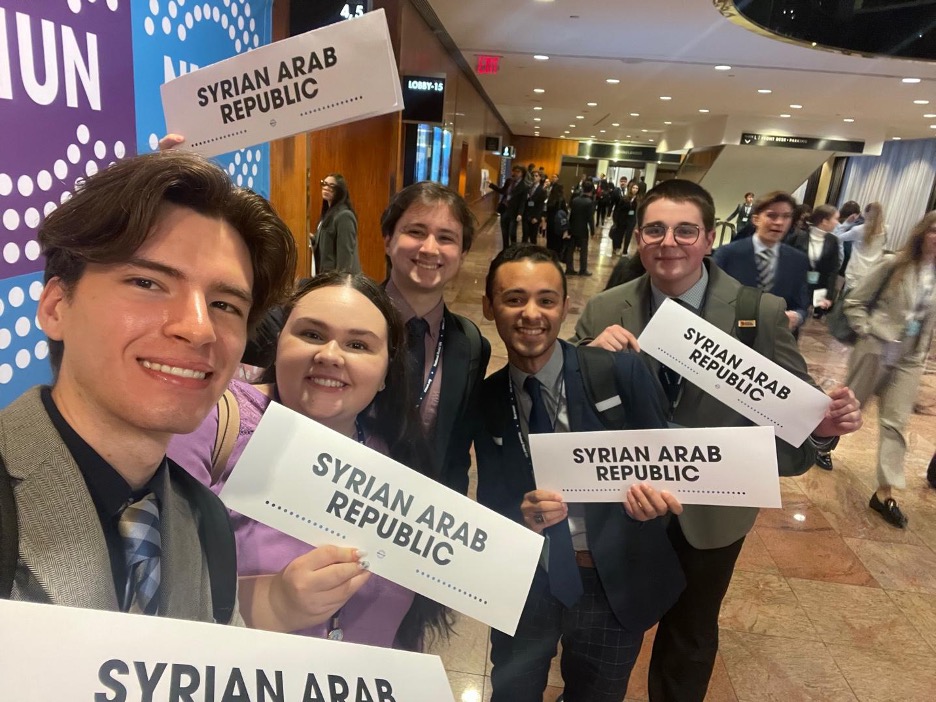
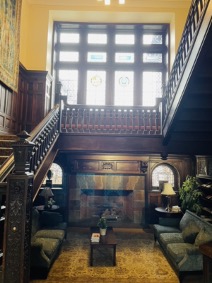
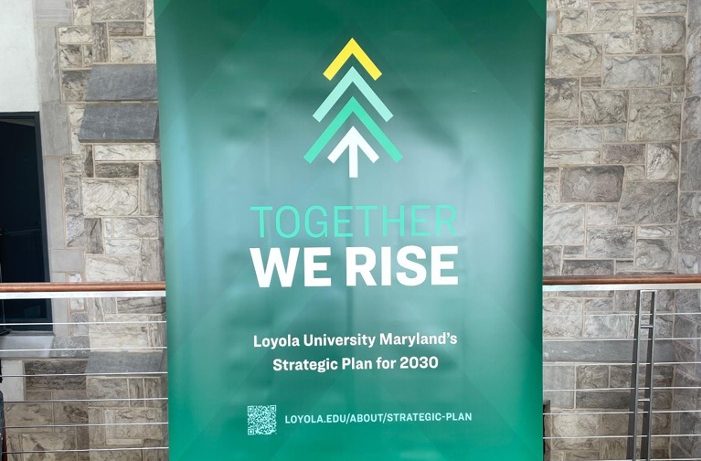


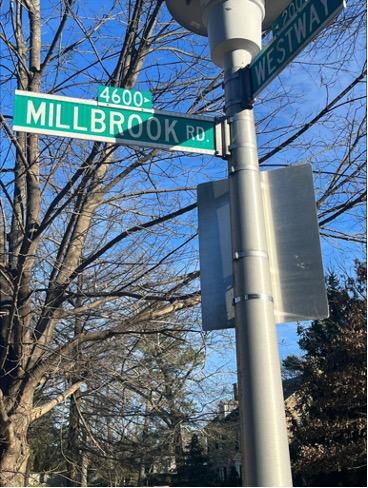
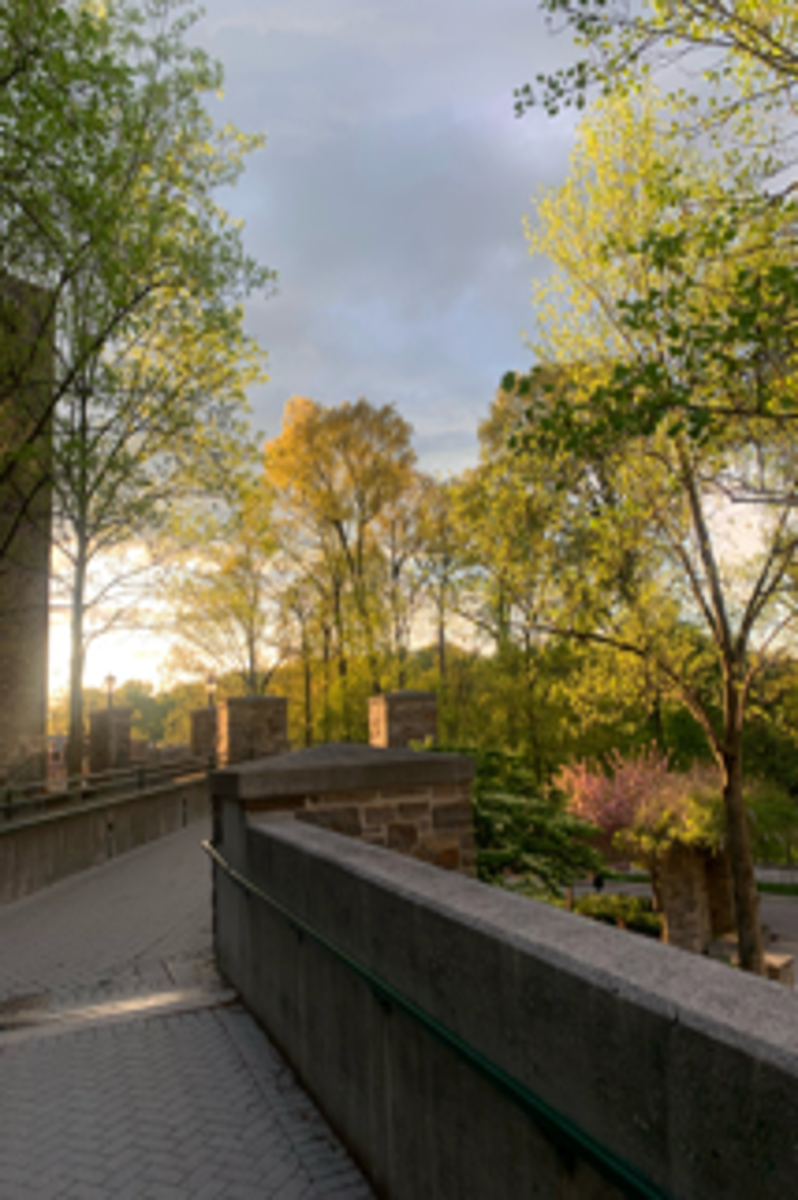
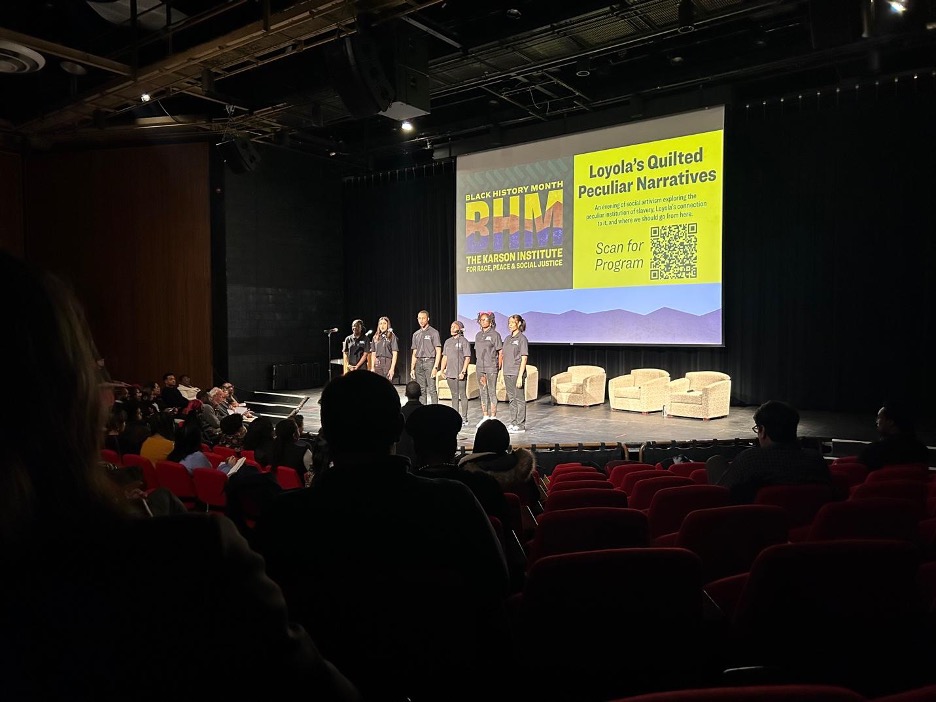
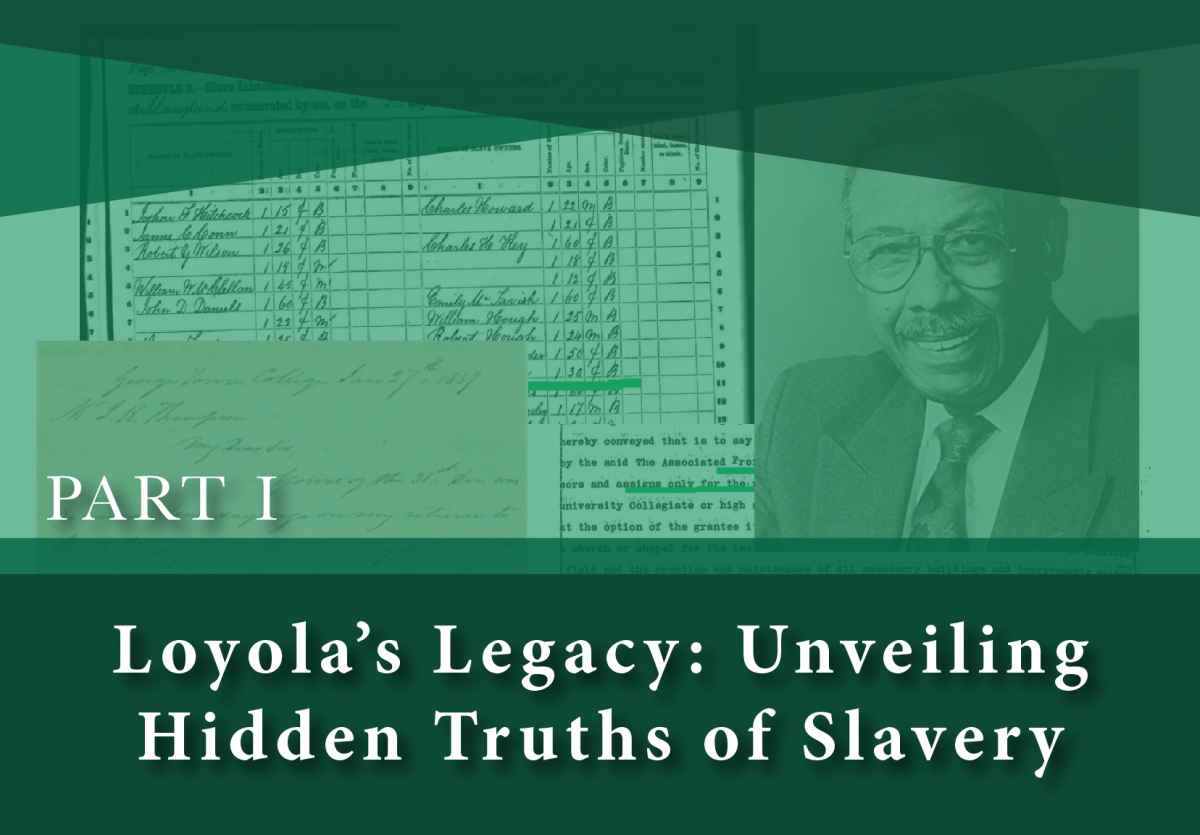



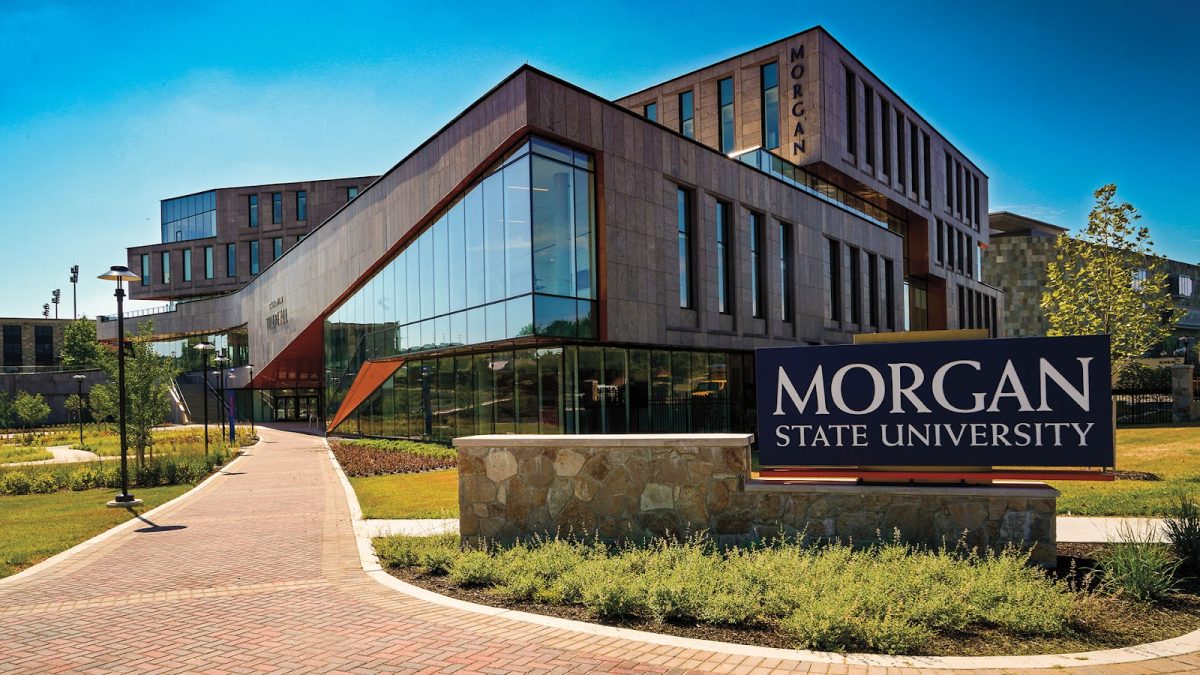



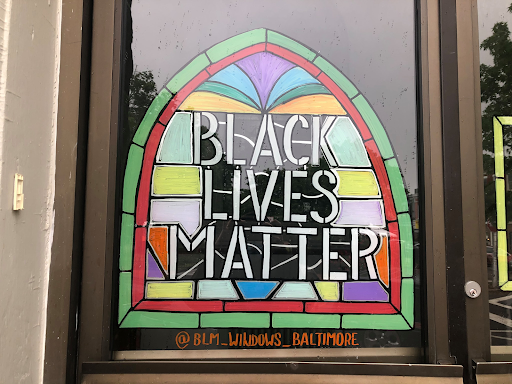









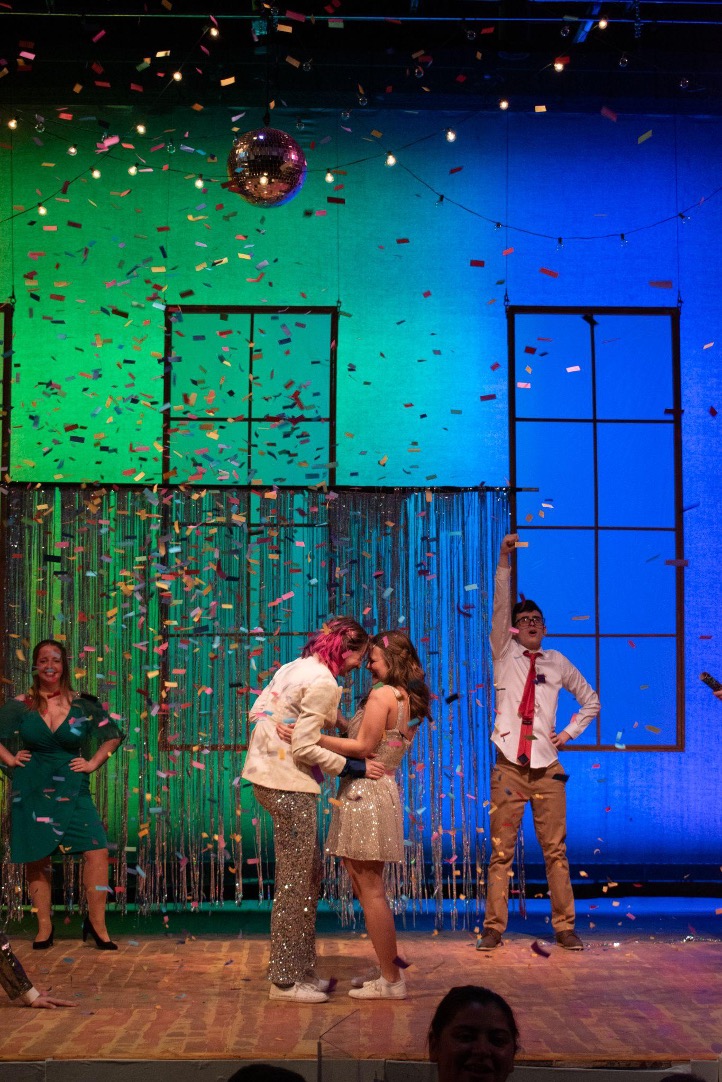

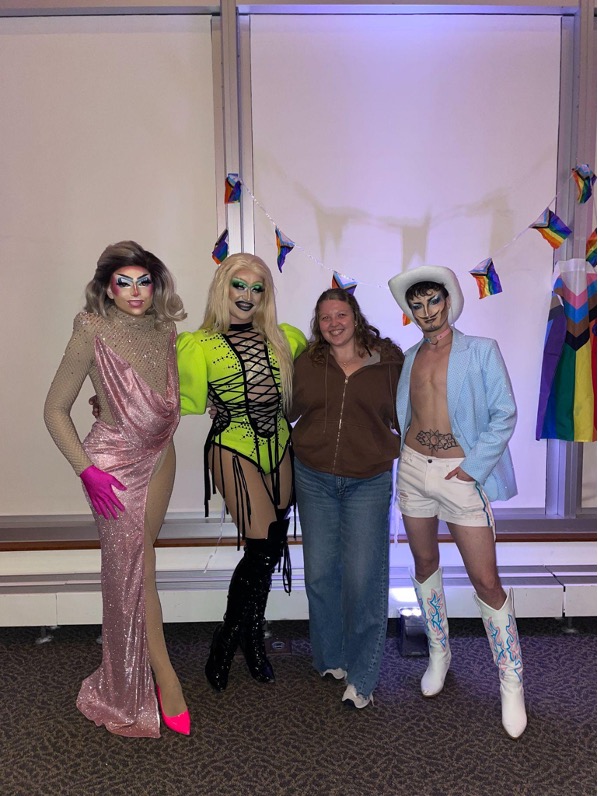
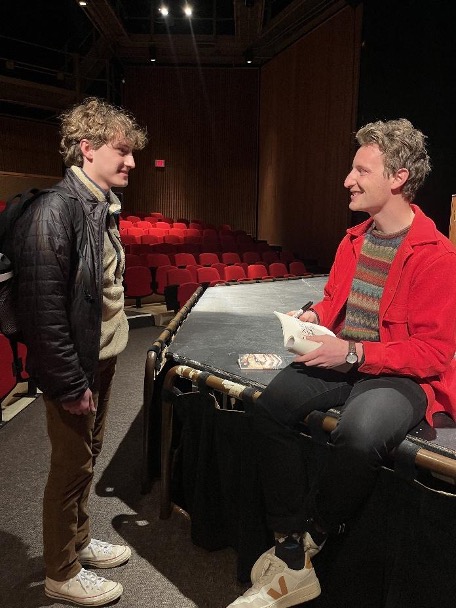












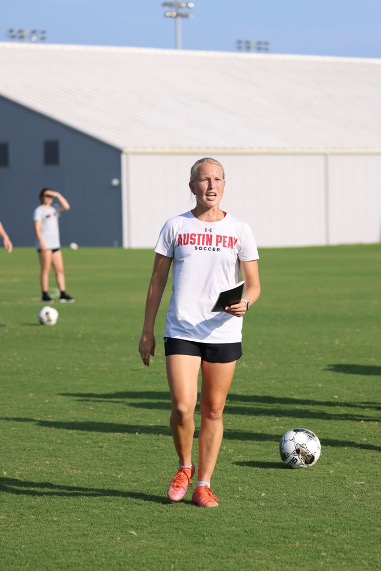



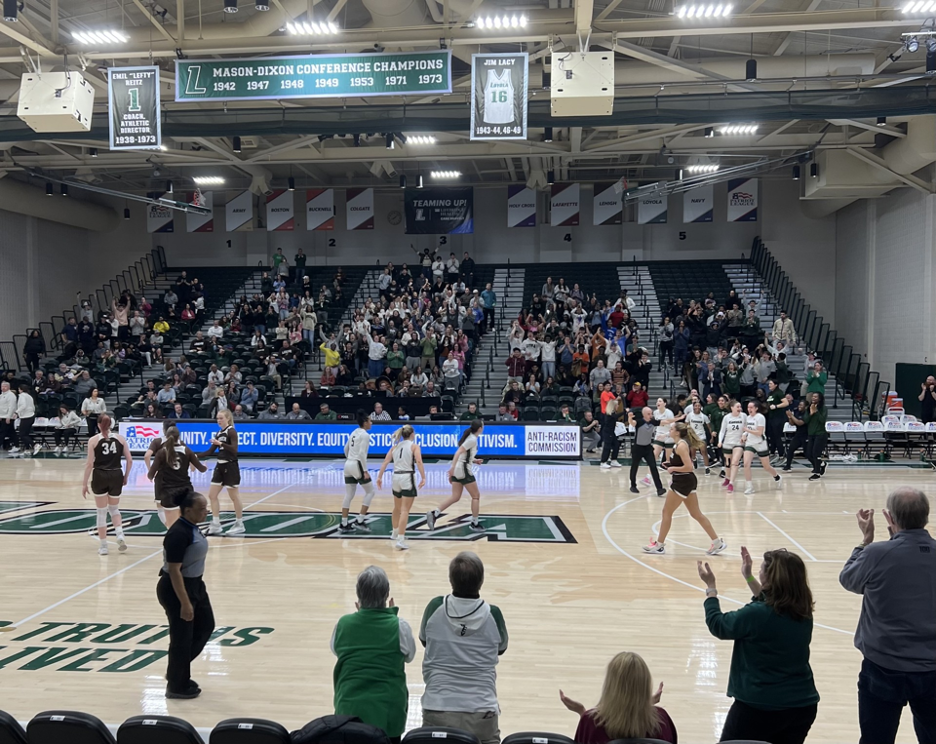

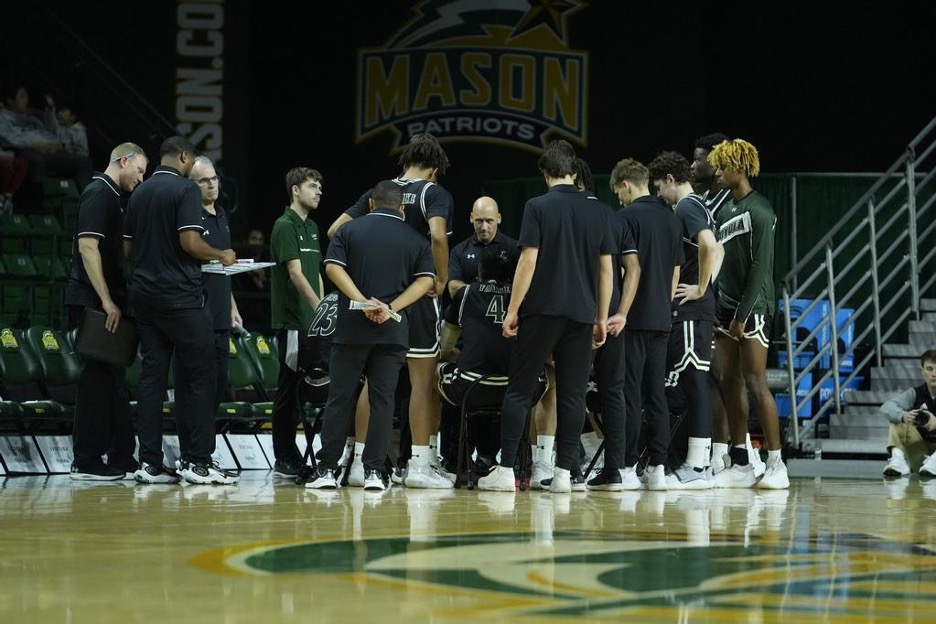



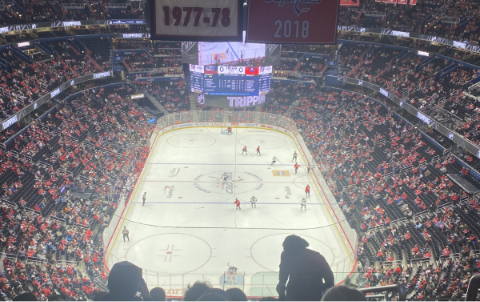
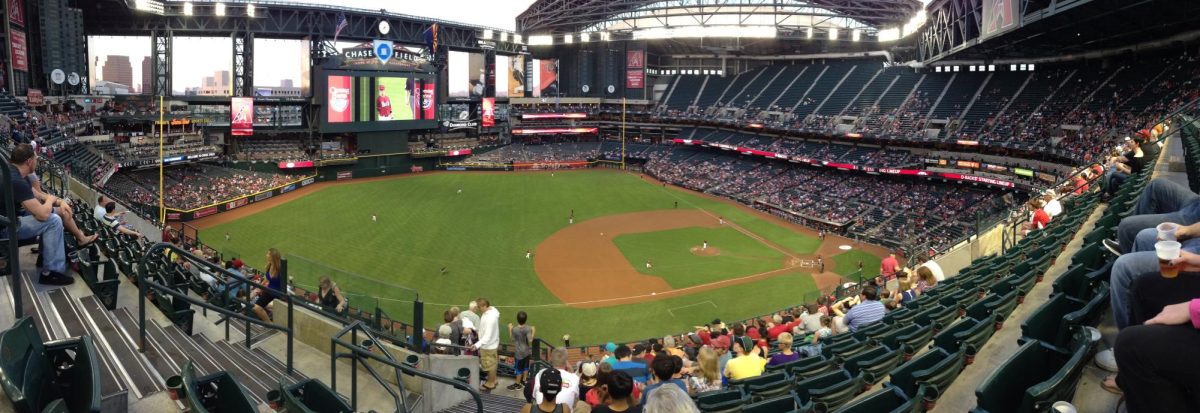



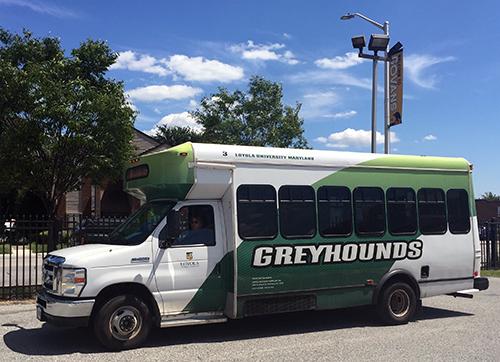
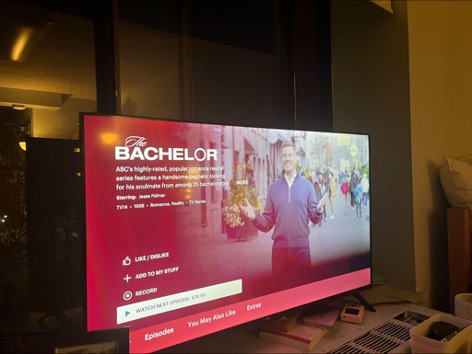

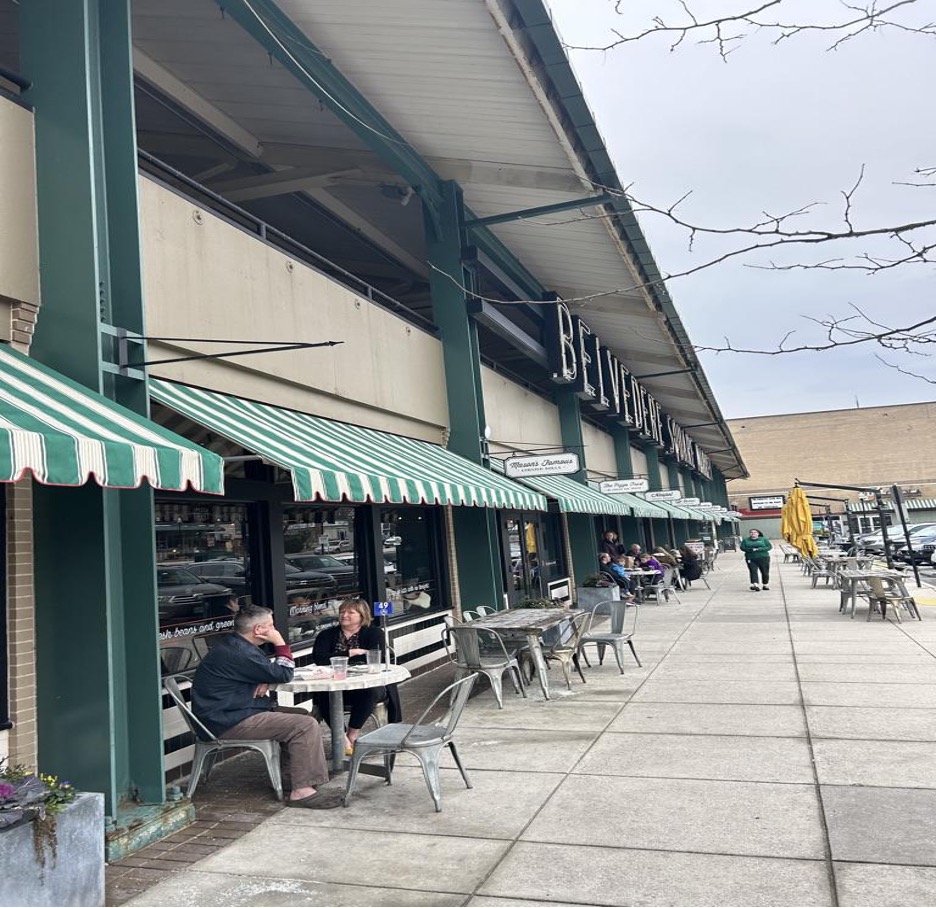
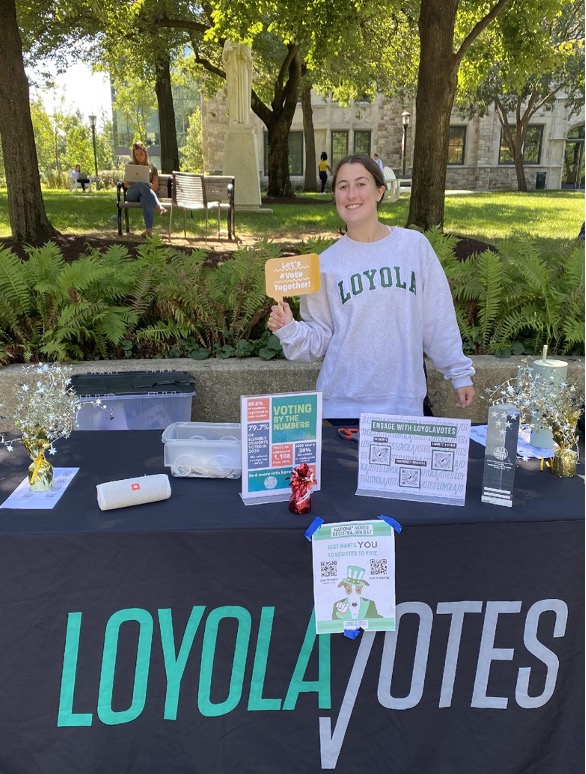














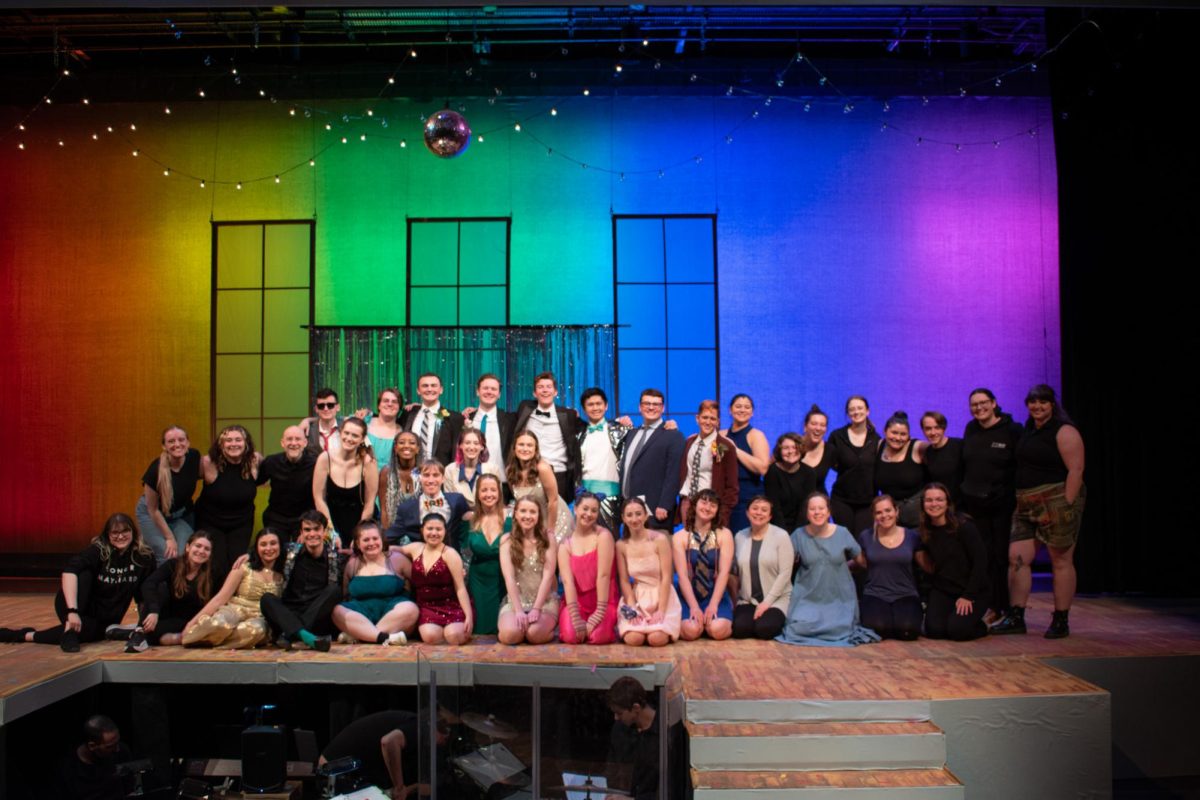

























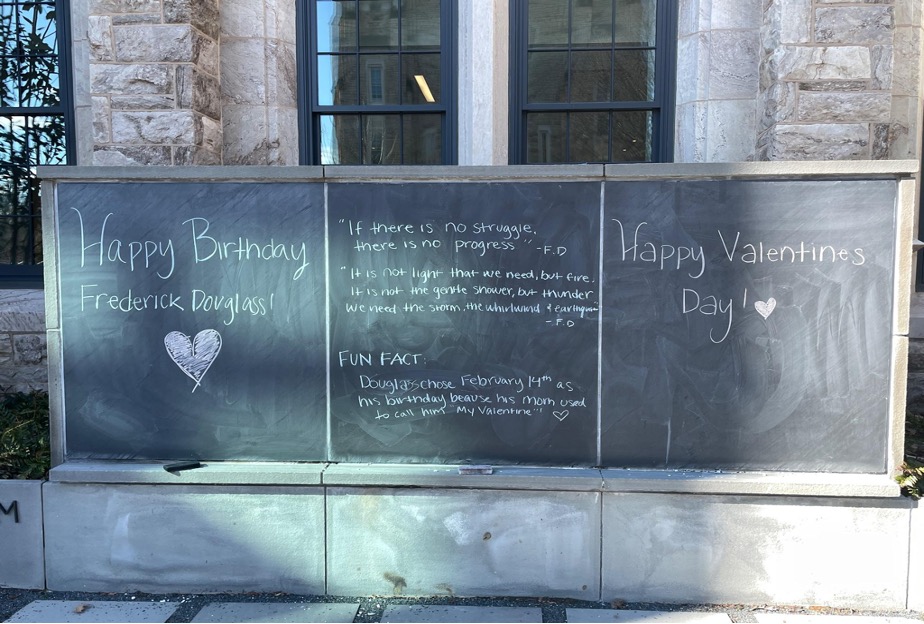
Elizabeth McAteer • Oct 12, 2015 at 8:09 pm
Excellent narrative on a very interesting subject.